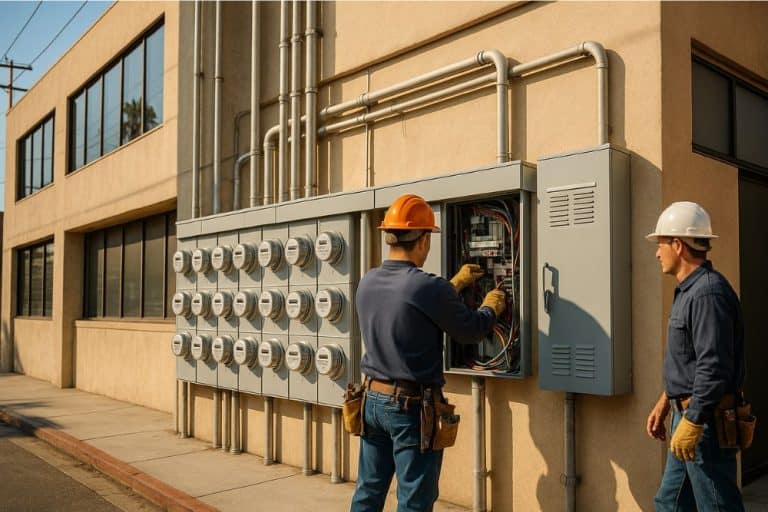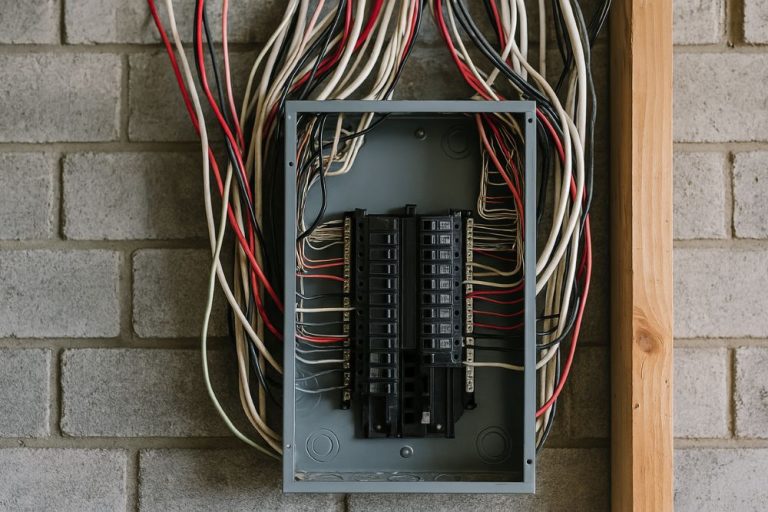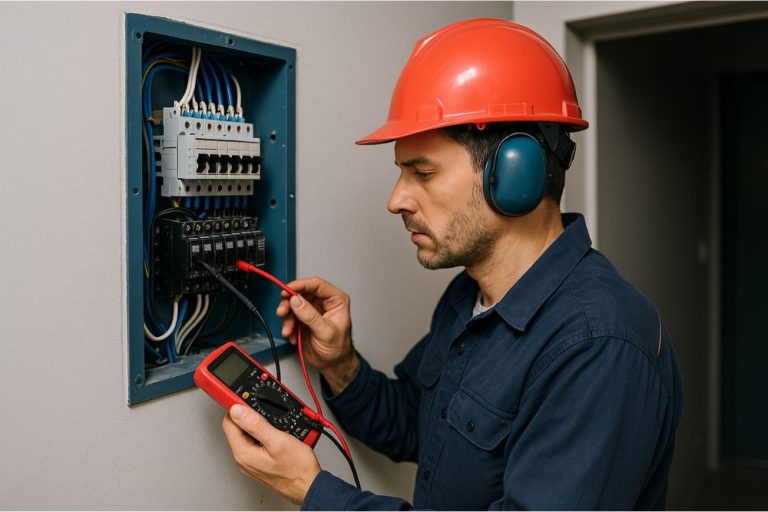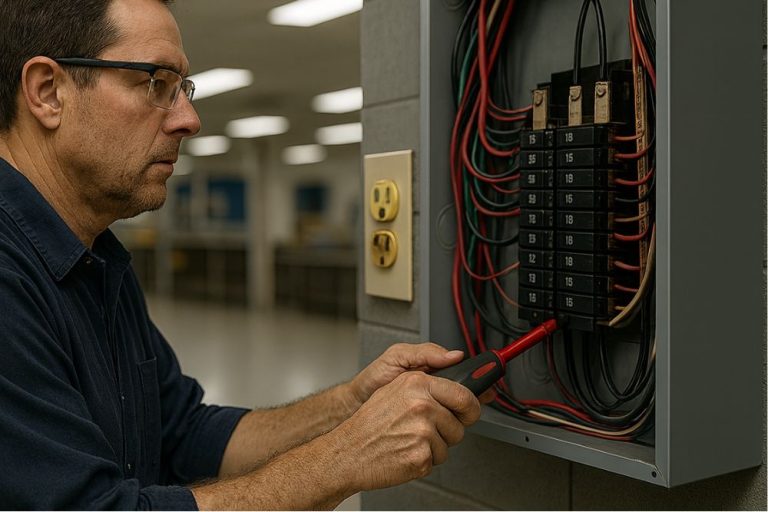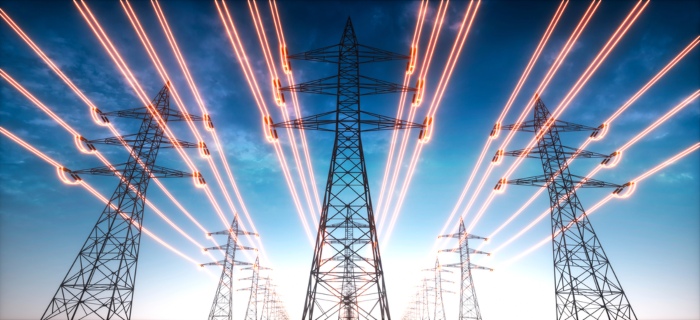
Watts VS Volts: In-Depth Difference & Guide to Convert
Are you wondering what’s the difference between voltage and wattage? When working with any form of an electrical system, it is essential to understand the distinctions between watts and volts.
These two are often confused with each other, and it might cause serious problems since electrical terminology must be thoroughly understood to repair domestic wiring, and it’s also useful to know it in general.
So, if you’ve ever had a hard time distinguishing between watts vs volts, you’re at the right place to finally get the answer!
What’s the Difference Between Watts and Volts?
Two of the most commonly used and important terminologies in electrical and electronics engineering are volts and watts. These phrases sometimes confuse beginners or people who have only recently begun studying electrical sciences.
Despite the similarity in sound between these two names, they are different from one another. Watts is a unit used to measure work and energy, whereas voltage is the unit used to measure electrical potential.
However, they aren’t independent – volts and watts are connected. Watt, in fact, is a combination of volts and amps, and thus cannot exist without volts. In simple words and using the hydraulic analogy, volts and watts are comparable to pressure and rate, respectively.
The potential difference between the two terminals of a conducting wire is measured in volts. When a current of one ampere travels over a potential difference of one volt, the rate at which electrical work is produced is measured in watts.
Volts
The unit used to measure the voltage or potential difference between any two places is called a “volt.”
Volt is the name of the voltage unit. It is indicated with a “V.” When one joule of effort is done to move one coulomb of charge from one spot to another, a potential difference of one volt is created. A voltmeter is utilized to measure it.
Watts
Power is measured in terms of watts. The symbol for the watt is W. It calculates how much power the appliances use. Watts consequently refers to your device’s power. Examples include the 60 W output of an incandescent lamp or the maximum power of your microwave, which is 900 W.
How to Convert Watts to Volts?
We need to know how many amps the electrical circuit contains to convert watts to volts. How many watts does one volt equal?
- 1 volt is equivalent to 1 watt in a circuit with a 1 amp capacity.
- 1 volt is equivalent to 100 watts in a circuit with a 100 amp rating.
However, volt measurements are simpler than watt measurements since watts are the product of two quantities.
Quick Summary
- Watt is a unit of measurement for power, whereas a volt is used to measure the potential difference.
- You can calculate watts by dividing the voltage by the highest current the power source is capable of producing.
- Obtaining a watt reading is more challenging than obtaining a voltage reading.
- Watts can provide a more accurate measurement of the power source than volts, which can only describe a portion of it.
Power supplies and batteries frequently display the number of volts they offer but not the number of watts.

